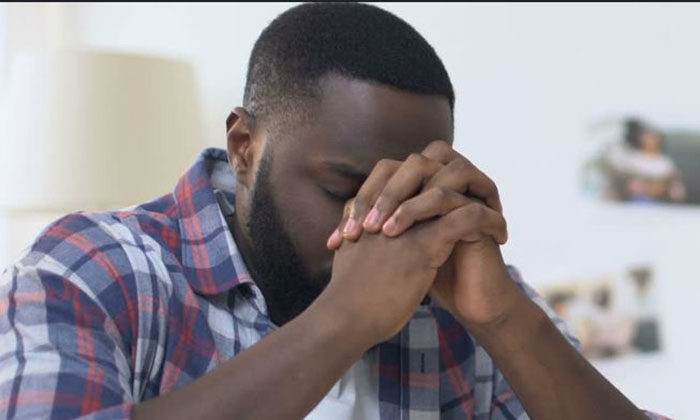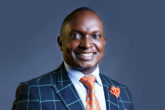
A majority of teens and young adults say they are praying more or thinking about spiritual issues more than they were prior to the coronavirus pandemic, according to a new study.
The poll of 800 high school students and 800 post-secondary students found that 67 percent said they’re either praying more often or thinking about spiritual issues more compared to the time before the virus.
Specifically, 39 percent said they’re praying “more often,” 28 percent said they’re pondering spiritual issues more, and one-third (35 percent) said neither option applies to them.
The survey was conducted April 24-27 by Echelon Insights for Young America’s Foundation and The Federalist.
“I believe that young people are far more interested in prayer and spiritual issues during the COVID-19 [pandemic] than before because everything they focused on or sought for security has come to a halt and is quickly fading,” the Rev. Anthony Thompson, pastor of Holy Trinity Reformed Episcopal Church in Charleston, S.C., told Just the News. Thompson’s wife was killed in a 2015 church shooting, and he was featured in the 2019 documentary Emanuel. He also wrote a book, Called to Forgive.
“Schools, businesses, corporations as well as churches are closed,” Thompson added. “Corporations, businesses and states are losing money every day, and unemployment is very high. All the things they depended on for security and happiness are gone, and with that so is their hope. I believe that young people are trying to retrieve that hope in God.”
The poll asked: “Compared to before the virus, do you find yourself praying or thinking about spiritual issues more or less?”
Meanwhile, about half of the teens and young adults in the survey said they attend religious services often: Twenty-seven percent attend at least weekly, and 21 percent attend once or twice a month – for a total of 48 percent. One-third (32 percent) of the teens and young adults in the survey identified as Catholic, and 15 percent identified as evangelical Protestant/born-again Christian.
The poll interviewed those ages 13-22.

